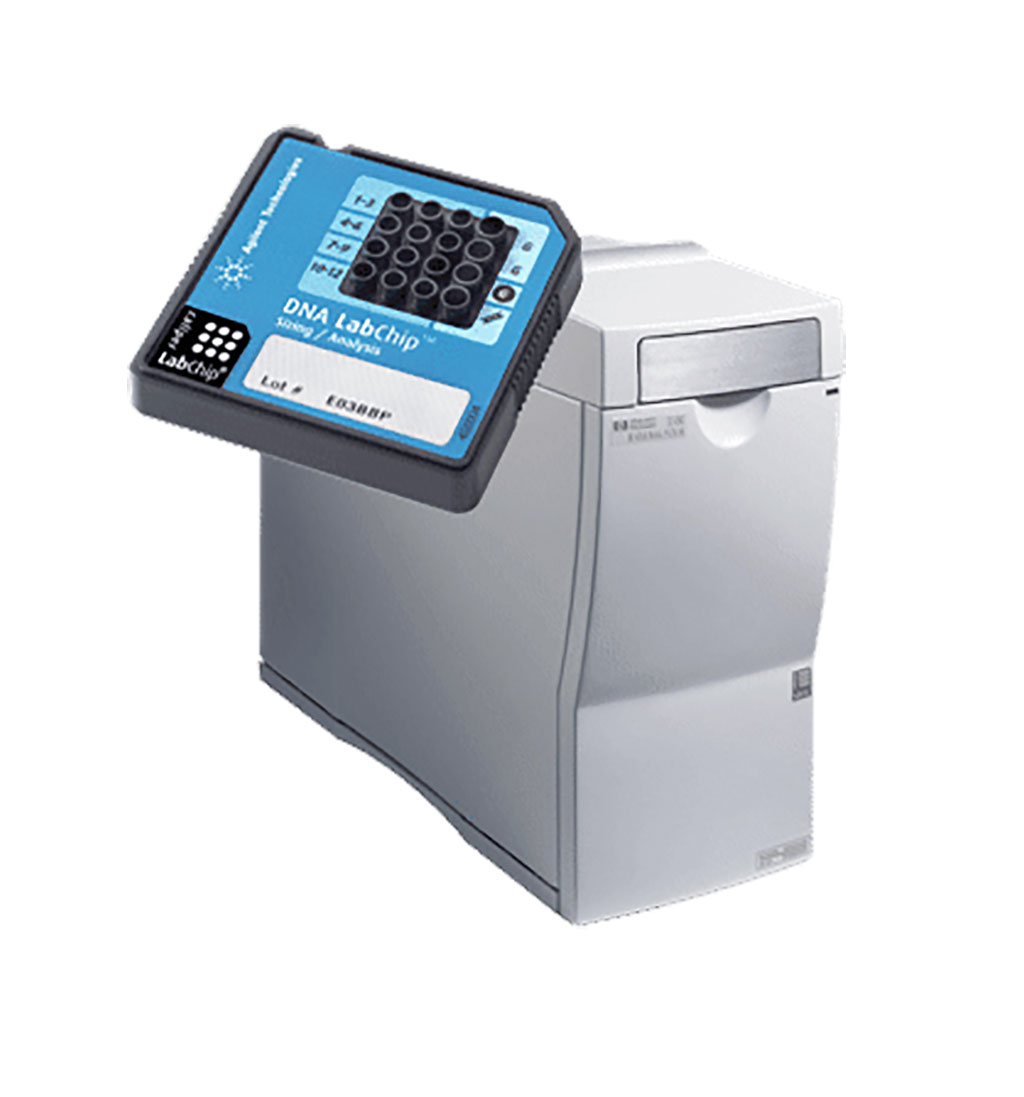Super-Enhancer Induces Oncogenic Driver in Colorectal Carcinoma
Posted on 24 Oct 2022
The etiology of super-enhancer (SE) reprogramming in cancer is incompletely understood, but is widely attributed to cancer cell-intrinsic genomic alterations. Non-coding SE can become focally amplified in multiple malignancies.
Whether the local tumor microenvironment influences the SE landscape of cancer cells is poorly understood. However, the extent this phenomenon recapitulates enhancer reprogramming in cancer is unclear. Furthermore, it is unknown whether environment-induced enhancer changes are mere passenger events or functionally benefit tumor growth.

A large team of Oncological Scientists at the Icahn School of Medicine at Mount Sinai (New York, NY, USA) and their colleagues profiled potential super enhancer sequences in fresh tumor and normal samples from 15 colon cancer patients undergoing surgery, focusing in on recurrent super enhancers that respond to inflammatory cytokines and boost PDZK1IP1 gene expression.
The team used chromatin immunoprecipitation sequencing focused on the histone 3 lysine 27 acetylation (H3K27ac) epigenetic histone modification. Chromatin immunoprecipitation was followed by deep sequencing (ChIP-seq), and DNA was run on an Agilent High Sensitivity DNA chip using an Agilent Technologies 2100 Bioanalyzer (Santa Clara, CA, USA) for quality control. H3K27ac ChIP-seq antibodies were purchased. Sample-matched RNA-seq and H3K27ac ChIP-seq across multiple patient cohorts were utilized to predict SE target genes. Cellular glycolysis was measured using the Agilent XF Glycolysis stress test kit and XP Mitochondrial stress test kit. Cytokine profiling was performed by Eve Technologies using the Human Cytokine Array/Chemokine Array 48-plex platform (Calgary, AB, Canada).
The investigators identified 2,026 total SEs in tumor and normal, which accounted for approximately 50% of the H3K27ac signal, with 95% saturation of unique SE discovery at 10 and 11 patients for adjacent normal and primary colorectal carcinoma (CRC), respectively. H3K27ac deposition at these 2,026 SEs exhibits tissue-of-origin specificity, clustering separately from other malignancies under hierarchical unsupervised analyses when re-processed together with their datasets using the same pipeline. Of the primary specimen enriched SEs, nine SEs were among the top 100 SEs they found to be enriched in primary CRC over patient-matched normal colon.
Ramon E. Parsons, MD, PhD, a Professor of Oncology and senior author of study, said, “What this means for most patients with colon cancer is that inflammation that's occurring in the tumor is contributing to the tumor's growth. This stresses the importance of understanding what we can do to curb the inflammatory effects in the colon through prevention or understanding what dietary effects might have on the microenvironment in the colon.”
The authors concluded that they had demonstrated mechanistically that PDZK1IP1 enhances the reductive capacity CRC cancer cells via the pentose phosphate pathway. They showed this activation enables efficient growth under oxidative conditions, challenging the previous notion that PDZK1IP1 acts as a tumor suppressor in CRC. Collectively, these observations highlight the significance of epigenomic profiling on primary specimens. The study was published on Oct 17, 2022 in the journal Nature Communications.
Related Links:
Icahn School of Medicine at Mount Sinai
Agilent Technologies
Eve Technologies













